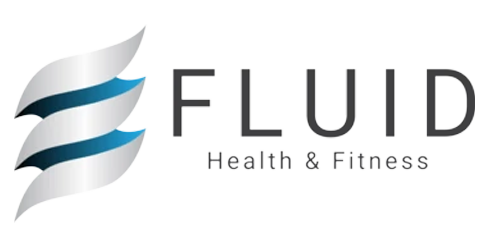Mar 23 , 2021
0 Comments
Eggs and Cholesterol
Eggs have long been given a bad rap due to the high levels of cholesterol they contain in their yolks. But, are they really a food to be avoided? Recent research argues no and conversely encourages the inclusion of this super food in your diet. Below we will explain all of the benefits the incredible edible egg can provide.
Nutritional Value
Whole eggs are quickly becoming known as one of the most nutritious foods on earth, containing a variety of nutrients, mainly: vitamin A, folate, multiple B vitamins, phosphorus, and selenium. Also provided are: vitamin D, E, and K, as well as, calcium and zinc. A standard large egg provides approximately 70 calories, 5 grams of fat, and 7 grams of protein. Being solely protein and fat, they are a very satiating food and have been shown to keep one fuller longer than those foods higher in processed carbohydrates and/or lower in fat and protein.
What's the Deal with Cholesterol?
Now, yes, it is true that one large egg provides approximately 212 mg cholesterol. However, our livers also produce cholesterol every single day. Recent research is showing that in about 70% of the population, consuming dietary sources of cholesterol leads to no elevation of blood cholesterol levels. In the other 30% that it does mildly raise these levels, the form that actually rises is not a detrimental form, as we as humans can produce multiple types and forms of cholesterol in the body that many are unaware of and uneducated on.
Even though slight elevation in LDL cholesterol may occur, egg consumption appears to change the pattern of LDL particles from small, dense LDL, a detrimental form, to large LDL, which is linked to a reduced heart disease risk. HDL, so called ‘good’ cholesterol, levels also increase with elevated dietary cholesterol consumption from whole foods. So, it’s not so much the numbers that matter when discussing cholesterol but the form of the particles, which can be discovered through a more in-depth blood panel.
Goals for the Week
- Try to eat a protein source with every meal | the average person can only digest between 25 to 30g of protein at a time
- If you are worried about cholesterol levels make sure to get your daily intake of fiber | Fiber reduces the amount of bile reabsorbed in the intestines. Bile is made of cholesterol
If you have questions about cholesterol or would like to schedule a free consultation with one of our Registered Dietitians.
